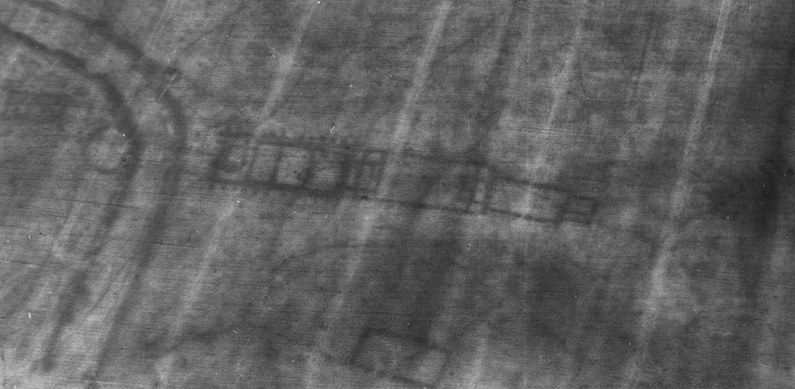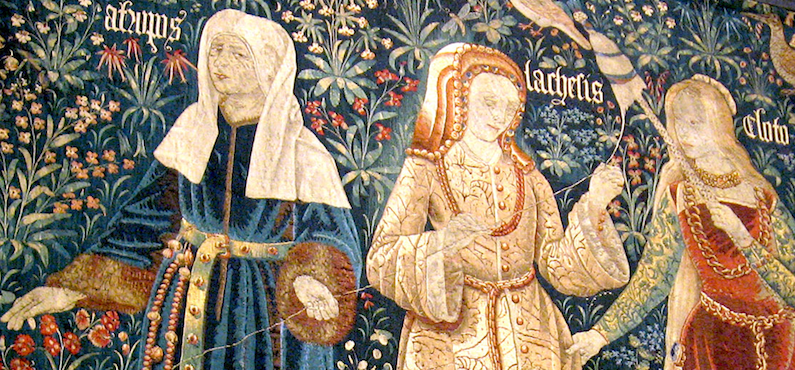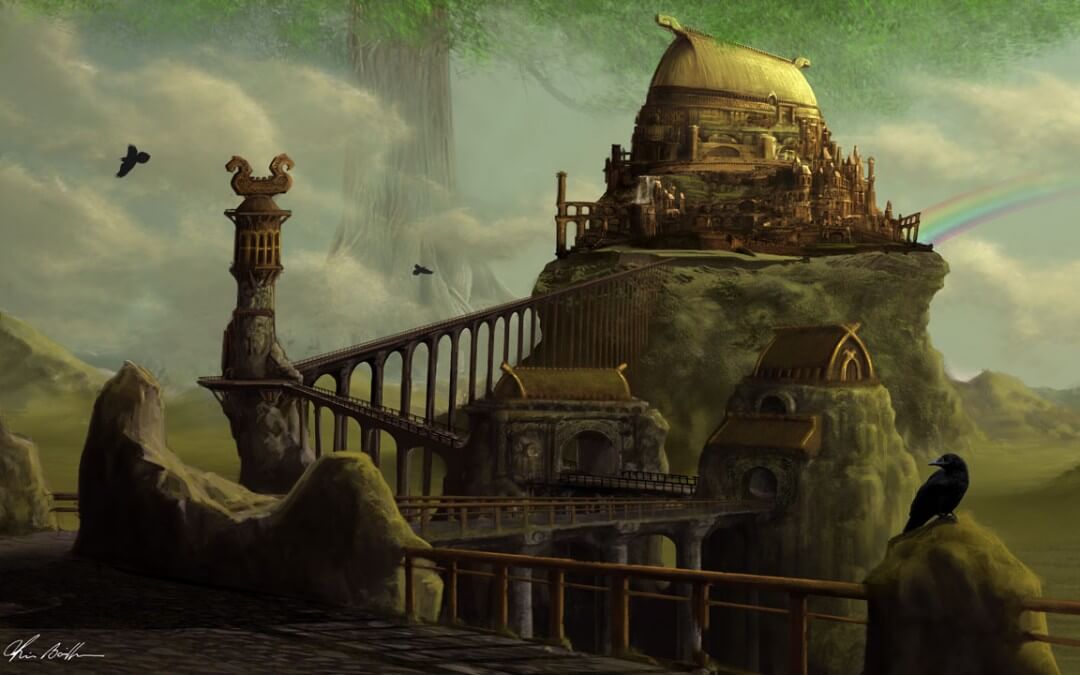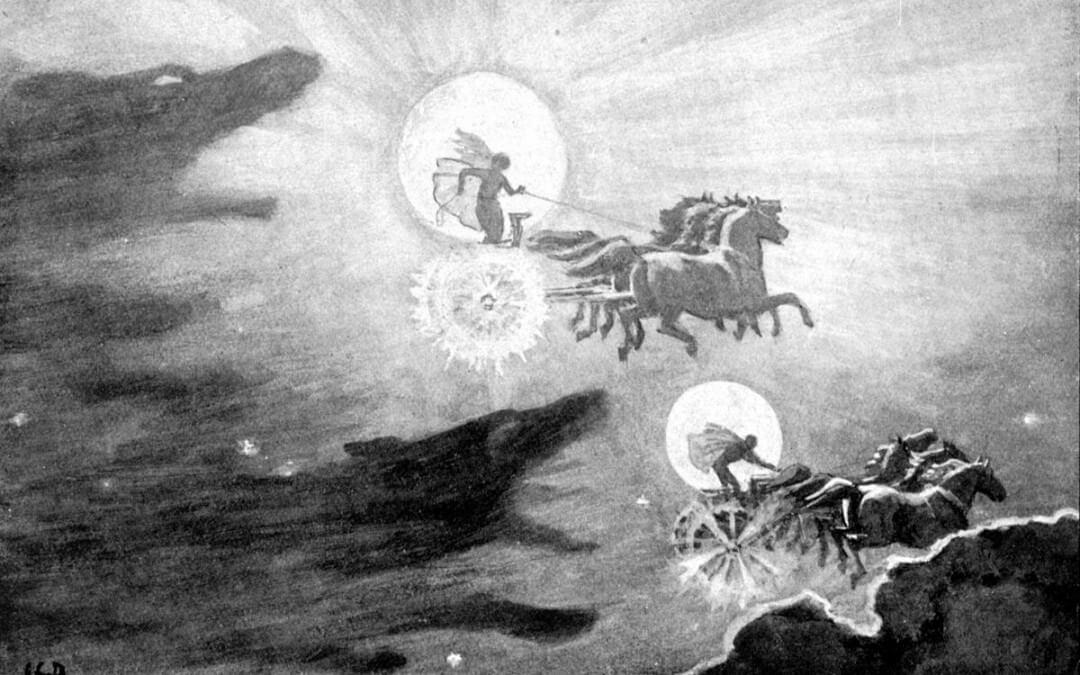
by Zabaan | Jun 17, 2015 | Ancient Greek, Classical languages, Old Norse, Sanskrit
This article is intended as a follow-up to yesterday’s article entitled Sanskrit words for animals: haikus of first impressions. Its subject is a device employed in traditional Germanic verse, such as the poetry produced by the Anglo-Saxons or of their...

by Zabaan | Jun 14, 2015 | Classical languages, Literature, Old Norse
The great wooden hall was the hub of ancient Germanic society as we find it depicted in the Anglo-Saxon epic poem Beowulf. It was the stage on which the all-important gift-economy was enacted, through which kings and retainers were tied together by the totemic...

by Zabaan | Jun 11, 2015 | Ancient Greek, Classical languages, Greek Mythology, Literature, Norse Mythology, Old English, Old Norse
According to Greek mythology the fate of each and every individual is determined by the cool and steady hand of three sisters, collectively known as the Μοῖραι (moirai). Their name is derived from the verb μείρομαι (mēromai), to receive as one’s lot. Each on her...

by Zabaan | Jun 9, 2015 | Case Systems, Classical languages, Linguistics, Old English, Old Norse
Ink, as a tool for writing, has had a profound and ever deepening influence on our perception of the nature of language. It has enabled us to make stills of fractional moments in its evolution and given an artificial solidity to something that has only a very...

by Zabaan | May 31, 2015 | Classical languages, Norse Mythology, Old English, Old Norse
In Norse myth valhöll (the Old Norse term for valhalla) is the hall where warriors feast at Odin’s table after dying in battle. The word is a compound consisting of val (wæl in Old English), the slain and höll (heall in Old English),...

by Zabaan | May 30, 2015 | Classical languages, Norse Mythology, Old Norse
The following passage is translated from the Prose Edda, an Old Icelandic anthology on Norse Myth written around 1220 by Snorri Struluson as a question and answer game between Odin, king of the gods, here called Hárr, lit. the high one, and Gangleri,...







